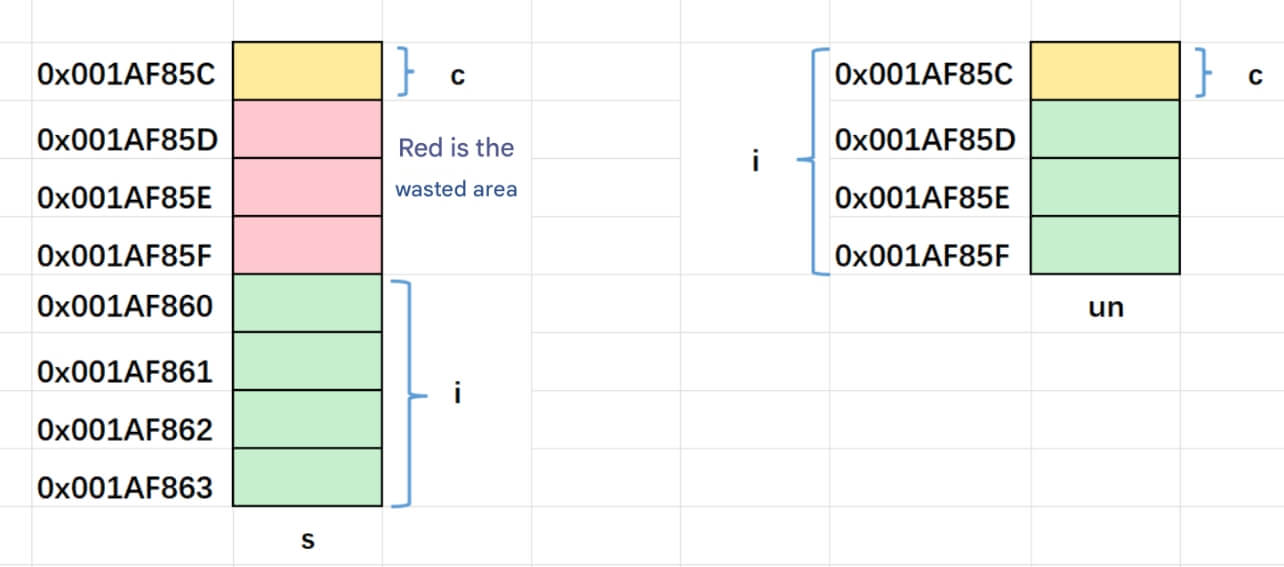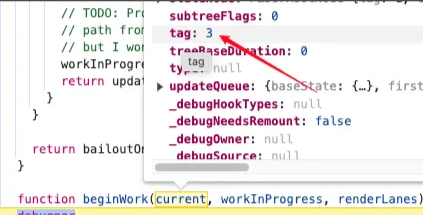In C programming, memory management is one of the core skills. C provides a set of memory operation functions that play a vital role in dynamic memory allocation, data copying, and comparison. This article offers a detailed explanation of these memory functions and their usage considerations.
1. Memory Allocation Function: malloc
The malloc function is used for dynamically allocating memory of a specified size. Its prototype is as follows:
void *malloc(size_t size);
size: The number of bytes to allocate.Return value: Returns a pointer to the allocated memory on success, or
NULLon failure.
Example Usage:
#define _CRT_SECURE_NO_WARNINGS
#include <stdio.h>
#include <stdlib.h>
int main() {
int* array = (int*)malloc(sizeof(int) * 10);
if (array == NULL) {
printf("Memory allocation failed!\n");
return -1;
}
// Using the allocated memory
for (int i = 0; i < 10; i++) {
array[i] = i;
}
free(array); // Freeing the memory
return 0;
}2. Memory Free Function: free
The free function is used to release dynamically allocated memory. Its prototype is as follows:
void free(void *ptr);
ptr: A pointer to the memory block to be freed.
Usage Example: See above.
3. Memory Copy Function: memcpy
The memcpy function copies the contents of one memory block to another. It can replace strcpy for copying strings. Its prototype is as follows:
void *memcpy(void *dest, const void *src, size_t n);
dest: Destination memory address.src: Source memory address.n: Number of bytes to copy.Return value: Returns a pointer to the destination memory on success.
Example Usage:
#define _CRT_SECURE_NO_WARNINGS
#include <stdio.h>
#include <string.h>
int main() {
int arr1[] = { 1, 2, 3, 4, 5, 6, 7, 8, 9, 10 };
int arr2[10] = { 0 };
memcpy(arr2, arr1, 40); // Copy arr1 contents to arr2
for (int i = 0; i < 10; i++) {
printf("%d ", arr2[i]);
}
return 0;
}4. Memory Move Function: memmove
The memmove function moves the contents of one memory block to another. Unlike memcpy, it handles overlapping memory regions correctly. Its prototype is as follows:
void *memmove(void *dest, const void *src, size_t n);
dest: Destination memory address.src: Source memory address.n: Number of bytes to move.Return value: Returns a pointer to the destination memory on success.
Example Usage:
#define _CRT_SECURE_NO_WARNINGS
#include <stdio.h>
#include <string.h>
int main() {
int arr1[] = { 1, 2, 3, 4, 5, 6, 7, 8, 9, 10 };
memmove(arr1 + 2, arr1, 20); // Move first 5 elements to start at index 2
for (int i = 0; i < 10; i++) {
printf("%d ", arr1[i]);
}
return 0;
}5. Memory Set Function: memset
The memset function sets a block of memory to a specific value. Its prototype is as follows:
void *memset(void *s, int ch, size_t n);
s: Memory address to be set.ch: Value to set.n: Number of bytes to set.Return value: Returns a pointer to the target memory on success.
Example Usage:
#define _CRT_SECURE_NO_WARNINGS
#include <stdio.h>
#include <string.h>
int main() {
char str[] = "hello world";
memset(str, 'x', 6); // Set the first 6 characters to 'x'
printf(str);
return 0;
}6. Memory Compare Function: memcmp
The memcmp function compares the contents of two memory blocks for the first n bytes. Its prototype is as follows:
int memcmp(const void *s1, const void *s2, size_t n);
s1: First memory block.s2: Second memory block.n: Number of bytes to compare.Return value: Returns a value less than 0, equal to 0, or greater than 0 based on the comparison result.
Example Usage:
#define _CRT_SECURE_NO_WARNINGS
#include <stdio.h>
#include <string.h>
int main() {
char buffer1[] = "DWgaOtP12df0";
char buffer2[] = "DWGAOTP12DF0";
int n = memcmp(buffer1, buffer2, sizeof(buffer1));
if (n > 0) {
printf("'%s' is greater than '%s'.\n", buffer1, buffer2);
} else if (n < 0) {
printf("'%s' is less than '%s'.\n", buffer1, buffer2);
} else {
printf("'%s' is the same as '%s'.\n", buffer1, buffer2);
}
return 0;
}Summary
This article introduces the key memory operation functions in C, including memory allocation (malloc), memory release (free), memory copy (memcpy), memory move (memmove), memory set (memset), and memory comparison (memcmp). Mastering these functions allows C programmers to handle memory-related tasks efficiently. However, caution must be exercised to avoid issues like memory leaks, out-of-bounds access, and overlapping memory problems, ensuring program safety and stability.





